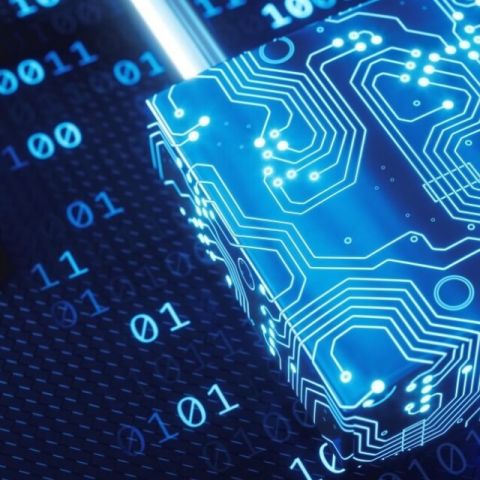Cybersecurity in the Healthcare Industry – The Role of Computer Forensics
In the rapidly advancing digital age, the healthcare industry has embraced technology to enhance patient care, store medical records and streamline operations. However, the integration of technology has also introduced new vulnerabilities and risks, making cybersecurity a critical concern in healthcare organizations. Among the various components of cybersecurity, computer forensics plays a vital role in identifying, investigating and preventing cyber incidents in the healthcare industry. Computer forensics, also known as digital forensics, is the practice of collecting, analyzing and preserving electronic evidence to support legal investigations. In the healthcare sector, computer forensics is instrumental in addressing cyber threats such as data breaches, ransomware attacks and unauthorized access to patient information. By leveraging specialized tools and techniques, computer forensic experts can uncover digital evidence, reconstruct cyber incidents and attribute them to specific actors.

One of the primary roles of computer forensics in healthcare is to identify and mitigate data breaches. Patient records contain sensitive and confidential information, including medical histories, diagnoses and personal identifiers and investigate this page https://lifeviewresources.com/. In the event of a data breach, computer forensic investigators can determine the scope of the breach, identify the entry point and assess the potential impact on patient privacy. This enables healthcare organizations to take appropriate measures to secure the compromised systems, notify affected individuals and comply with legal and regulatory obligations. Computer forensics also plays a crucial role in investigating and combating ransomware attacks, which have become increasingly prevalent in the healthcare sector. Ransomware is a type of malicious software that encrypts an organization’s data and demands a ransom for its release. Computer forensic experts can analyze the ransomware strain, trace its origin and develop strategies to recover encrypted data without paying the ransom. Furthermore, by understanding the tactics and techniques employed by threat actors, computer forensics can contribute to developing robust defense mechanisms against future attacks.
Additionally, computer forensics assists in detecting and preventing unauthorized access to patient information. Healthcare organizations store vast amounts of sensitive data and unauthorized access can lead to identity theft, medical fraud or even patient harm. Computer forensic techniques such as log analysis, network monitoring and anomaly detection help identify suspicious activities and potential breaches. By promptly identifying unauthorized access attempts, healthcare organizations can mitigate risks, enhance their security posture and safeguard patient data. In conclusion, computer forensics plays a vital role in ensuring cybersecurity in the healthcare industry. By leveraging its expertise and specialized tools, computer forensics helps identify and mitigate data breaches, investigate ransomware attacks and detect unauthorized access to patient information. As healthcare organizations continue to rely on technology for delivering quality care, investing in robust computer forensic capabilities is crucial to safeguard patient privacy, maintain trust and uphold the integrity of the healthcare system.